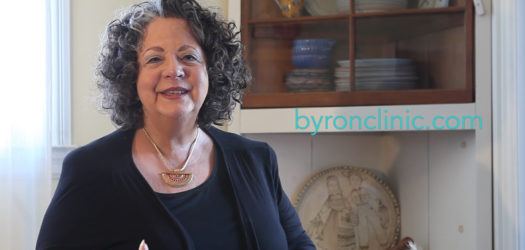Marsha Linehan DBT Workshops: 2014
Developer of Dialectical Behaviour Therapy
A series of two-day workshops in Melbourne and Sydney held in March 2014
This event has passed and the information below is for reference purposes only. View our upcoming events here.
In March 2014, Byron Clinic introduced Dr. Marsha Linehan, world renowned pioneer and founder of Dialectical Behavior Therapy (DBT). Along with Dr Kathryn Korslund, Dr Linehan presented training workshops in Sydney and Melbourne, Australia. These workshops were suitable for both new and established DBT practitioners and aimed to bring attendees up to date with the very latest techniques, trends and developments.
Dr Marsha Linehan is the pioneer and founder of Dialectical Behavior Therapy (DBT). She is a passionate researcher, teacher and clinician and brings to these workshops empathetic, considerate and scientifically valid treatments for working with complex and severely disordered adolescent and adult populations, including borderline personality disorder, eating disorders, self-harm, drug & alcohol, and suicide. Dr Linehan is an engaging and inspiring international presenter. Her workshops are suitable for new and established mental health practitioners.
Learning Objectives
- Describe the dialectical biosocial theory of borderline personality disorder used to guide treatment planning.
- List the major research outcomes supporting the efficacy of DBT in complex and severely disordered adolescent and adult populations.
- Identify DBT treatment targets and how to structure treatment for multi-problem individuals at high risk for life-threatening behaviors.
- Explain basic strategies used in DBT, including problem solving, validation and dialectical strategies in populations including borderline personality disorder, eating disorders, self-harm, drug and alcohol and suicide.

This event has passed and the information below is for reference purposes only. Marsha Linehan will be presenting in Australia again in March -April 2017.
This event has passed and the information below is for reference purposes only. View our upcoming events here.
[et_bloom_inline optin_id="optin_3"]
[et_bloom_inline optin_id="optin_3"]











































